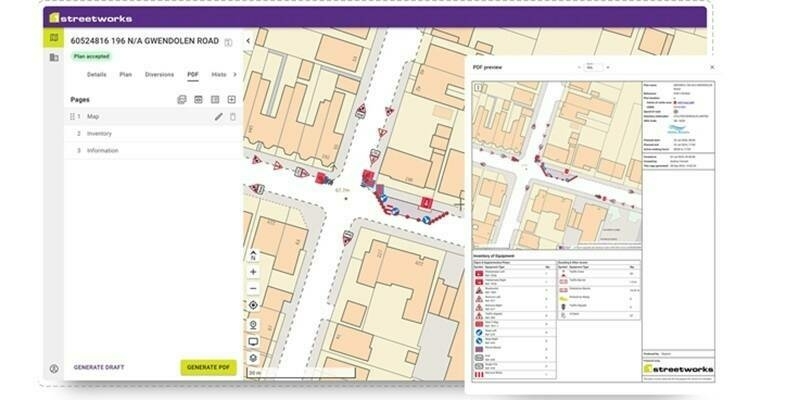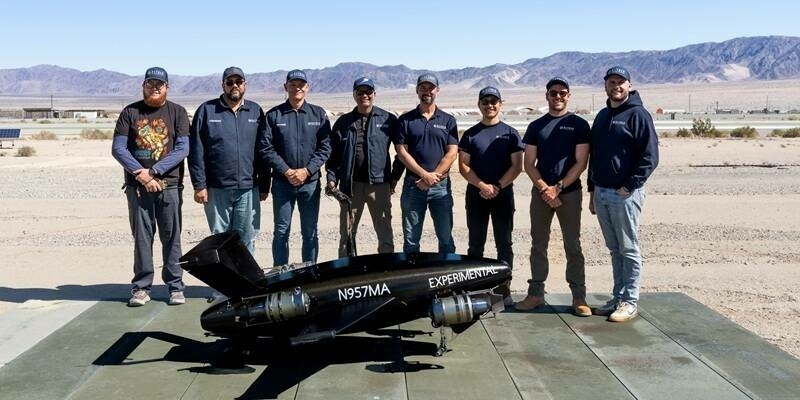WEDNESDAY, 01 FEBRUARY 2017 - Meteosat-8 belongs to the second generation of Meteosats and is much more capable than the first generation Meteosat-7. It delivers imagery from 12 instead of 3 spectral channels with higher spatial resolution and with an increased frequency, every 15 instead of 30 minutes. Of the 12 spectral channels, 11 provide measurements with a resolution of 3 km at the sub-satellite point. The twelfth, so-called High Resolution Visible channel, provides measurements with a resolution of 1 km.
In the context of the World Meteorological Organisation’s Integrated Global Observation System and in partnership with India, Russia and China, EUMETSAT thus continues its best effort contribution to observations of the Indian Ocean from geostationary orbit.
"Central Eastern Europe, the Indian Ocean region, .. is now in the focus of a multi-spectral imager"
The partnership provides more resilient, integrated Indian Ocean Data Coverage (IODC) services with optimum regional coverage, including a joint suite of essential meteorological products made available to all users worldwide.
For optimum synergy with the Indian INSAT-3D satellites located around 82° East and with Meteosat-10 located at 0°, Meteosat-8 operates at 41.5°East, instead of 57.5° East, The synergy with Meteosat-10 brings additional benefits to EUMETSAT users in Africa and Central and Eastern Europe.
The Meteosat-8 image data is delivered in real time over Europe and Africa via EUMETCast, EUMETSAT’s flexible dissemination system for environmental data, and are exchanged with IODC partners.
Peter Roesli,Meteorological Expert, said:” Central Eastern Europe, the Indian Ocean region, including the Indian sub-continent, is now in the focus of a multi-spectral imager which will deliver much needed observations of the numerous weather and weather-related features that plague these regions, like tropical cyclones, dust transport/storms, severe convection and monsoons.”
Subscribe to our newsletter
Stay updated on the latest technology, innovation product arrivals and exciting offers to your inbox.
Newsletter

